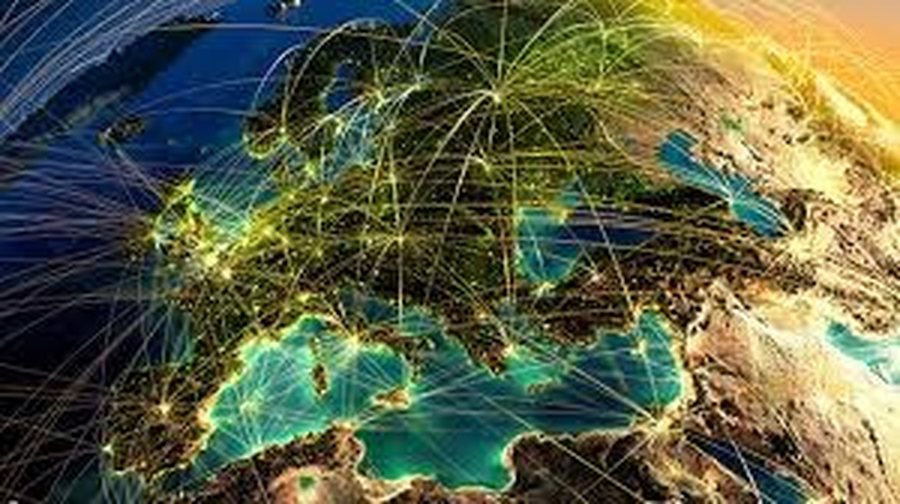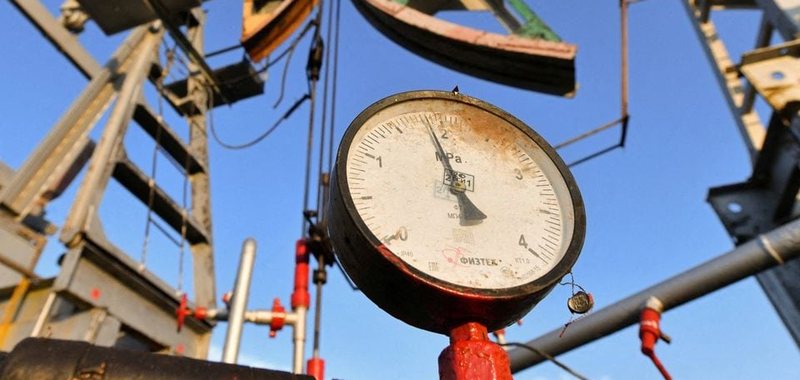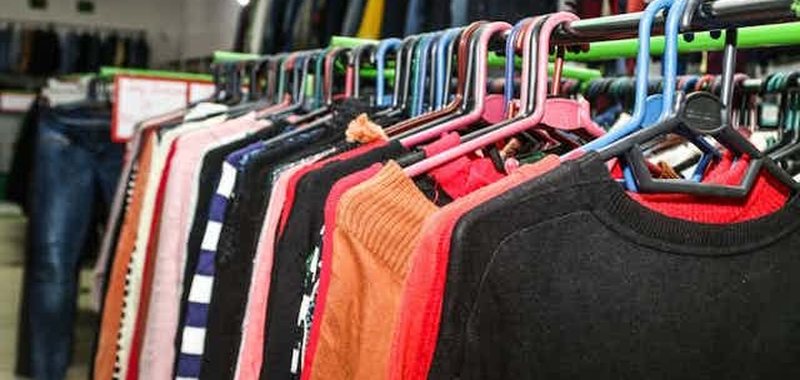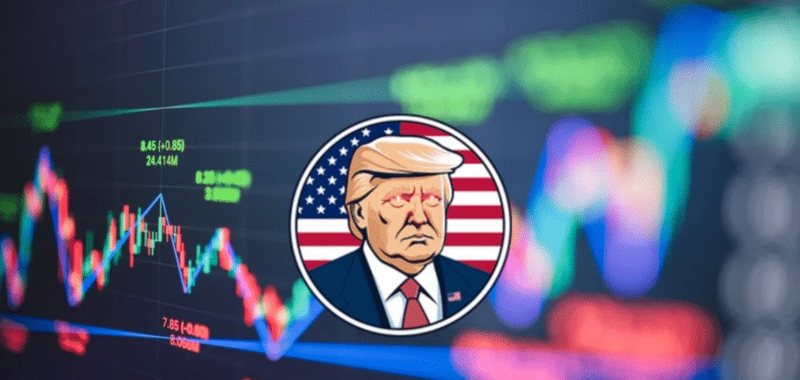How could a potential global tariff war hit Europe's supply chains?!

Geopolitical tensions around the globe have escalated in the past year, fueled by ongoing conflicts in the Middle East and the war between Russia and Ukraine. The threat of a potential global tariff war has worsened in recent months, after the EU imposed increased tariffs on Chinese electric vehicle (EV) imports due to growing concerns the Chinese government is subsidizing domestic manufacturers.
China, on the other hand, has retaliated with an anti-dumping investigation into EU brandy imports, while also investigating pork and dairy imports from the bloc. EU-US tariff tensions have also heated up and are expected to continue to do so with the arrival of the new US president, Donald Trump. Trump has already expressed his displeasure over EU tariffs on US food, cars and agricultural products.
He has also threatened to impose a blanket tariff ranging from 10% to 20% on all imports from the EU when he takes office. Similarly, US-China trade relations are also deteriorating, largely due to long-standing disputes over unfair trade and economic practices, as well as intellectual property theft.
Kevin O'Marah, chief research officer and co-founder of Zero100, a community-based research platform working towards zero carbon, sheds more light on how supply chains are likely to be impacted by these changing trading conditions and how they are adapting accordingly. O'Marah will be speaking on the most pressing global trade issues at the World Economic Forum (WEF) in Davos, Switzerland this year.
How could an escalating global tariff war affect supply chains?
An escalating global trade war could cause some supply chain disruptions, similar to the pandemic, which could make them more complex and slower. The cost of importing, exporting, and shipping goods around the world could become much more expensive, which in turn would lead to higher product costs for consumers. Manufacturers could be forced to find new suppliers and customers, as well as be limited to trading only within certain geopolitical blocs, depending on how far the tariffs go.
Speaking about how an escalating global tariff war could impact specific supply chains and industries in markets such as the US, UK, Europe and Asia, O'Marah said: "An escalating trade war between the US and China is likely to isolate critical parts of certain strategic supply chains such as solar power electric vehicles and semiconductors. This should increase costs for all countries as companies within these value chains need to invest domestically to maintain reliable supply.
"It gets worse if retaliatory tariffs and other industrial actions start to escalate. Isolated players, such as perhaps the UK, could paradoxically benefit, however, as excess capacity in certain countries, notably China, could lead to oversupply for certain materials such as nickel or components such as semiconductors."
"Overcapacity suppliers such as China-based manufacturers may need to dump products in third-party countries at low prices. This may help some industries that use these materials and components, but hurt domestic upstream suppliers of the same materials."
"Trump's tariffs could be a blessing in disguise if they encourage supply chain leaders around the world to localize or at least regionalize their supply chains. The benefit of this shift is to provide more resilient, but also lower carbon footprint supply chains around the world. rather than sourcing globally and shipping tens of thousands of miles as has been the norm for 30 years of US/China-led globalization."
How are companies building teams to handle supply chain politics?
Some companies have prepared their teams to better handle supply chain issues by investing in training, improving communications with suppliers and customers, and reevaluating their current supply chain models. Predictive supply chain analytics tools have also helped with this.
Coming to how companies are building more resilient teams to better deal with supply chain politics, O'Marah said: "Most companies have developed a much faster ability to model scenarios of what might happen in the event of a specific tariff. Their supply chain planning tools and rapid problem-solving teams have developed quite a bit after the COVID-19 and supply chain resilience crisis of recent years."
"As a result, very few if any are actually building up inventory or significantly shifting supply commitments to new countries in response to the latest rounds of tariff discussions. Diversifying sources away from China in particular has been in motion for years now and so, frankly, most global companies are actually quite prepared to deal with an unstable tariff environment."
How are artificial intelligence (AI) and robotics transforming supply chains?
Artificial intelligence and robotics have come a long way in helping supply chains improve their operational efficiency, as well as reduce physical workloads. They can help predict demand in real time and ensure that companies better manage inventories as well.
Referring to how AI and robotics are transforming supply chains, O'Marah noted: "100% digital supply chains would allow businesses to be dramatically more responsive and agile in their handling of tariffs, which would increase their effectiveness and perhaps lead to wider use of trade restrictions, industrial policies and other forms of tariffs."
"Supply chain leaders are focused on how AI is moving from piloting and experimentation to scaled implementation. The big payoff is based on radically improving productivity to address labor shortages and rising costs."

France has the highest rates of depression in Europe. How does it compare to other countries?
France may have had the highest rate of depression before the pandemic among European countries, according to a new analysis of a 2019 health survey across......

From 'peace through strength' to cutting off aid: Day one of Trump's foreign policy!
Donald Trump withdrew from a historic climate agreement and the World Health Organization (WHO), advanced his vision of "peace through strength" and......

Russian oil exports to fall in 2024 - Drone attacks and Western sanctions among the main factors
Russian exports of oil products by sea fell by almost 10% in 2024 after Ukrainian drone attacks damaged key refineries. Higher financing costs and pressure......

Why do Albanians buy used clothes? - Imports of second-hand clothing increased in 2024
Cheaper prices, quality and original brands, or clothing different from what is sold in markets or stores, are the reasons why girls and women mainly buy......

Can Albanians invest in Trump's crypto? - Expert: It is done through several routes, these are short-term investments
Trump is shaking up the financial world, not just with his economic agenda, but also with a movement. He has introduced a memecoin called STrump, making......

"Boom" of loan requests from businesses - BoA: Even the rejection rate from banks was lower in October-December 2024
Banks have approved more business loans in the last 3 months of 2024, as a result of bank policies regarding collateral, business financial statements, lower......

Project, "National Single Window" is established - Customs, full access to information. Business costs are reduced by 10%
The Albanian government plans to create the National Single Window (NSW) within the next year. But what is it and what will it be used for? The Single......

“Collaboration for the Intelligent Age” - Theme of the World Economic Forum in Davos
Davos is welcoming global leaders for the World Economic Forum 2025 this week, meeting under the slogan “Collaborating for the Intelligent Age.” Discussions......


















